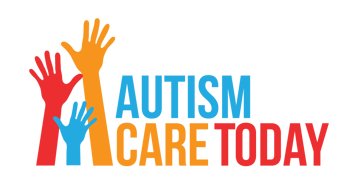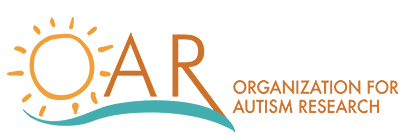Insurance
Applied Behavior Analysis (ABA) services are covered by most insurance plans. Specific coverage can vary depending on the individual’s insurance plan and the state in which they live.
In the United States, federal laws, including the Affordable Care Act (ACA) and the Mental Health Parity and Addiction Equity Act (MHPAEA), require insurance plans to cover certain mental health and substance abuse treatments, including ABA services for individuals with autism spectrum disorder (ASD).
However, insurance coverage for ABA services can vary widely, and it is important for individuals to check with their specific insurance plan to determine the level of coverage they have. Some insurance plans may require prior authorization before ABA services are covered or may have limits on the number of sessions that are covered.
If you have insurance coverage for ABA services, it is usually the responsibility of AAI to bill the insurance company for the services. However, it is still important for individuals to be aware of their coverage and to check with their insurance plan to ensure that the services they are receiving are covered. If you have any questions about your insurance coverage for ABA services, it is important to contact your insurance company or provider for more information.

In Network with
Aetna Choice
Anthem Blue Cross
Beacon Health Options
CBA Blue
Cigna Behavioral Health
Meritain Health
MVP Healthcare
California
Partnership HealthPlan of California
California Regional Centers
Georgia
Medicaid – PeachCare
Amerigroup
PeachState
CareSource
Vermont
Vermont Medicaid
Blue Cross Blue Shield of Vermont
Other Funding Sources
State Funding
Medicaid, or federal health insurance, and the state-level expansions of this program cover health care for low-income families and those who have children with significant special needs. If your child has moderate or severe ASD, they may qualify for Medicaid coverage.
You may also be able to apply for other help in your state. Some states offer to help pay for diapers or housing. If you are struggling to make ends meet, talk to your state social services department about assistant programs.
School Services
AAI partners with local schools to provide full-time or part-time support. These involve weekly visits from a technician to help during the school day. This is only available in certain public and private schools; reach out to your school to see if your child is able to receive ABA sessions at school. This service is often paid for by the school district.
Supplemental Security Income (SSI):
This federal income program is open to individuals with disabilities, regardless of age or work history, as long as they meet medical and financial criteria. It is a needs-based program. In some cases, the financial cost of treatments like long-term ABA therapy can qualify a child for the program.
Grants

“Autism Care Today provides funding assistance to families throughout the United States on a quarterly basis. These grants are designed to provide access to individuals and families affected by Autism Spectrum Disorders. Since 2005, Autism Care Today has helped more than 1,562 families and provided more than $1.85 million in grants.”
Taken as a description from the Autism Care Today website in 2023

Modest Needs “provides short-term financial assistance to individuals and families in temporary crisis who, because they are working and live just above the poverty level, are ineligible for most types of conventional social assistance but who (like many of us) are living one or two lost paychecks away from the kind of financial catastrophe that eventually leads to homelessness.”
Taken as a description from the Modest Needs website in 2023

“The UnitedHealthcare Children’s Foundation (UHCCF) offers timely financial support to families, so they can focus on what is most important – improving the quality of life of their child. UHCCF grants help with medical expenses not covered, or not fully covered, by a family’s commercial health insurance.”
Taken as a description from the UHCCF website in 2023

“The TACA Family Scholarship Fund was developed to help families who want to pursue medical treatment for their children with autism but need additional funding to initiate a treatment plan. We understand how difficult it is to stretch the family budget and the family costs associated with an autism diagnosis.”
Taken as a description from the TACA website in 2023





